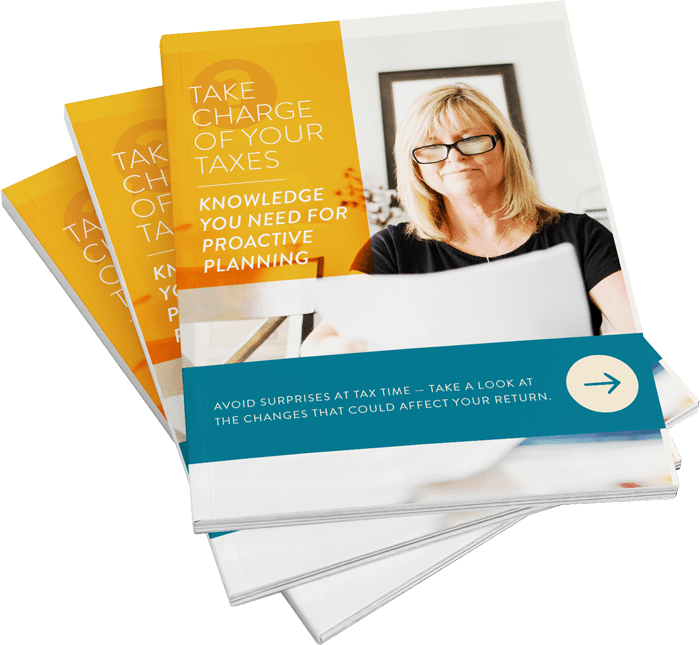What to do with Your Money in Each Decade of Your Life
You probably have some idea of what you would like to be doing with your money over your lifetime. That list probably includes things like buying a house, saving for retirement, and getting to buy some fun things along the way! While none of those things are bad to want to achieve, we’ve found that a lot of our clients have an idea of what they should be doing with their money but aren’t as sure when they should be doing those things.
If you’ve ever wondered what you should be doing with your money in each period of your life, we are here to give you a detailed roadmap to help guide you! Don’t be discouraged if you find that what you’ve done in each decade of life doesn’t match up exactly to what we have here. Every person’s financial situation is unique and you should consider making a plan to achieve your financial goals is today. If you’d like advice on what your personal roadmap should look like, we’d be happy to help you!
(Also, we recently shared a lot of this information in videos over on our Instagram and Facebook. If you don’t follow us there yet, let’s connect!)
What to Do with Your Money in Your 20s
In your twenties, you first need to decide what type of career field you are going to go into. If the career field you have selected requires further education, focus on making it out of school so you can start your career.
Next, you’ll want to focus on your income and hopefully make as much as possible. This is a time in your life when you may not have kids yet and might not be married, so your financial obligations are the lowest they are ever going to be. Use this time to put in extra hours at work or start a side hustle, get that raise, and keep your expenses low.
You’ll also want to figure out your debts. This doesn’t include your mortgage if you own a home. But if you have school loans or high-interest debt, you are going to want to pay that off as quickly as possible to set yourself up well for the next decade of your life. If you’ve already paid off your debts, then it’s never too early to start investing for retirement. Time is truly on your side here, so if you have the ability to invest (even a small amount each month), you should consider doing so.
What to Do with Your Money in Your 30s and 40s
At this point, you’ve likely already secured a job and are starting to climb the ladder in the field that you’re in. When it comes to this decade of your life, you are going to focus on increasing your income. That may mean moving up in the company you are at or even finding another company that is willing to pay you more. If additional training or certifications will earn you a higher pay rate, you should go for it!
Most people will start having children in their thirties. You’ll want to decide if you want to set aside some money to help pay for your children’s education. The time flies by and your kids will be headed off to college in the blink of an eye. Whatever you want to do to set your children up financially, now is the time to build a plan to achieve it.
Lastly, you’ll want to consider ramping up your contributions to retirement and investments. Consistency and growth are what you want to focus on here. You should consider consistently contributing to your savings and investments each month as well as plan to increase that amount each year as you are able.
What to Do with Your Money in Your 50s and 60s
In your fifties and sixties, it’s time to start thinking about retirement. What type of lifestyle do you want to have? Do you prefer to spend it on the beach or near your grandchildren? Once you’ve decided what type of retirement you want to have, it’s time to make a plan that will get you to and through retirement.
This is also a good time to start thinking about legacy, health, income, investments, and tax planning. No one knows how long they will live, so it’s important to consider all these factors when formulating a retirement plan.
What to Do with Your Money in Your 70s and 80s
You’ve made it! It’s finally time to bust out your swimsuit to go to the beach, cabin, or wherever you planned to retire. Enjoy the great retirement that you’ve worked so hard up to this point to have. After you’ve enjoyed the time at the beach, you will have a few extra details to take care of.
Get your legacy planning in order. It may sound a bit odd, but you’ll want to consider planning early for your legacy.. This takes the pressure off your family to determine what your wishes are and how you would like things to be taken care of. This is also a good time to determine if it’s a good idea to have long-term care insurance.
In your seventies and eighties, you should also decide what kind of legacy you want to leave your children and grandchildren with. Does that include leaving a financial inheritance? If so, you’ll want to take the necessary steps to set that up now. And, if you have any specific wishes regarding your legacy, health, or funeral directives, now is the time to communicate that to your children and set up the necessary legal documents. It’s important to get these set up sooner rather than later.
Regardless of what decade in life you are in now, one of the things we left off our list in every decade is to meet with a financial planner. Every person’s financial situation is unique, so your financial plan likely doesn’t fit neatly into each of these boxes. If you are just starting to plan out what to do with your money in any decade, the first step is to talk with a financial planner that can give you advice based on your specific situation and help you build a plan for your ideal future. Schedule a free conversation with our team today!
Looking for more? Your kids don’t have to wait until their twenties to start managing their money well. READ: The 5 Things to Start Teaching Your Kids About Money
210 Financial is more than just numbers. The “210” in our name stands for a childhood home that represented safety, love, and family. That is what we want to provide for everyone that we care for. Welcome home. Welcome to 210.
This content is provided for informational purposes only and is not intended to serve as the basis for financial decisions.
Neither the firm nor its agents or representatives may give tax or legal advice. Individuals should consult with a qualified professional for guidance before making any purchasing decisions. All investments are subject to risk including the potential loss of principal. No investment strategy can guarantee a profit or protect against loss in periods of declining values.
Investment advisory services made available through AE Wealth Management, LLC (AEWM). AEWM and 210 Financial are not affiliated companies. 1376568- 7/22
Content prepared by Savage Content Collective
Ready to Take The Next Step?
For more information about our comprehensive financial planning process, schedule a meeting or register to attend an event.

 Tax laws change every year — and this year is no different! This downloadable guide will walk you through the latest tax law changes to help you avoid any surprises. In this 12-page guide, you will find out:
Tax laws change every year — and this year is no different! This downloadable guide will walk you through the latest tax law changes to help you avoid any surprises. In this 12-page guide, you will find out: